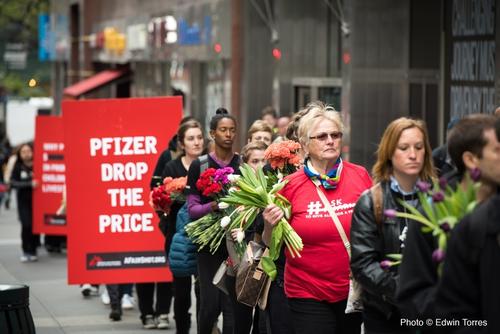During the 1990s, MSF teams made a bitter observation: we were failing to treat some of our patients suffering from infectious diseases, while in developed countries, remarkable progress was being made in the field of health. Two decades on, medicines in developing countries are still either too expensive, aren't suitable to be used in many of the contexts in which we work (for example, in hot, humid conditions or where there's a lack of electricity), or simply don't exist for the diseases we need to treat.
In 1999, we launched the Campaign for Access to Essential Medicines, now known as the Access Campaign. Its mission focuses on three areas: overcoming barriers to access to essential medicines, stimulating research and development for neglected diseases, promoting health exceptions to global trade agreements.
In 2003, MSF joined several research institutes, including the Institut Pasteur, to create the Drugs for Neglected Diseases initiative (DNDi), a non-profit research and development organisation engaged in research and development of new treatments for neglected diseases.
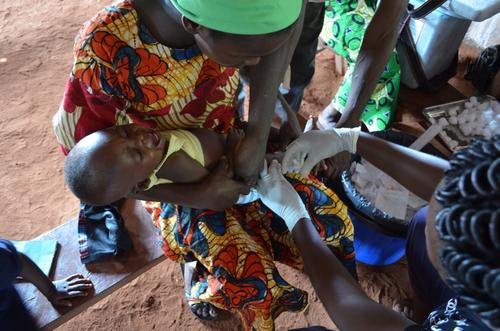
Patent Office dashes hopes for affordable pneumonia vaccine
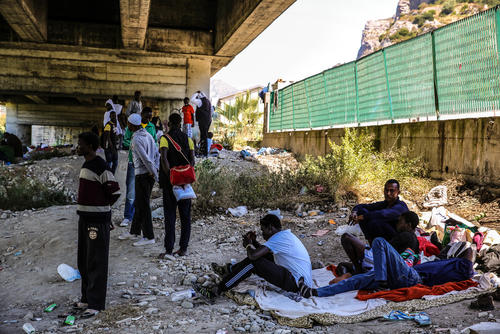
Harsh living conditions for migrants in Ventimiglia
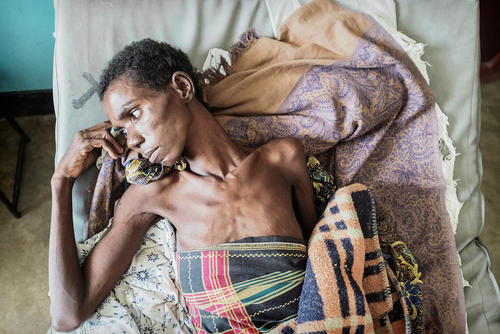
MSF concerned by high numbers of AIDS deaths in sub-Saharan Africa
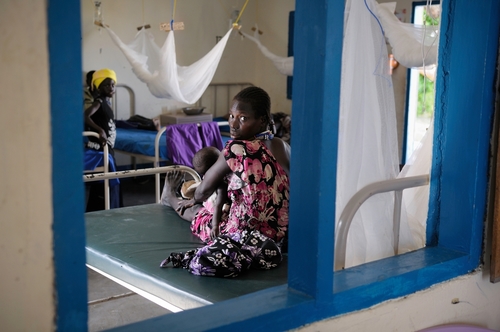
MSF strongly condemns the armed robbery of its clinic
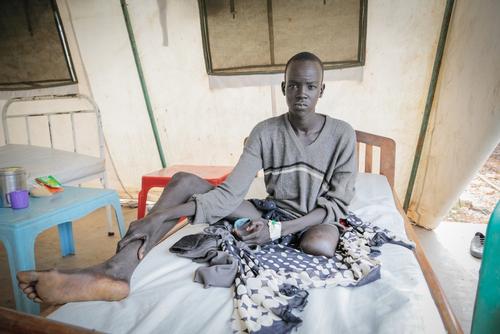
MSF welcomes WHO decision to include snakebite on Neglected Tropical Diseases list
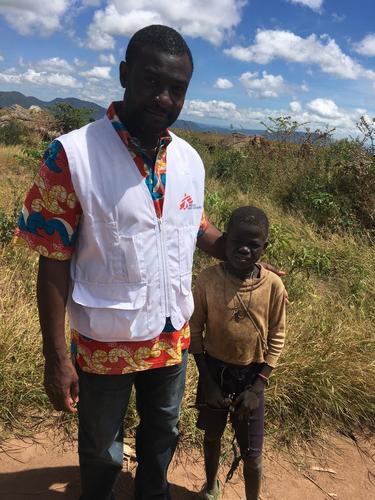
“If we sit back and do nothing, these people will die”
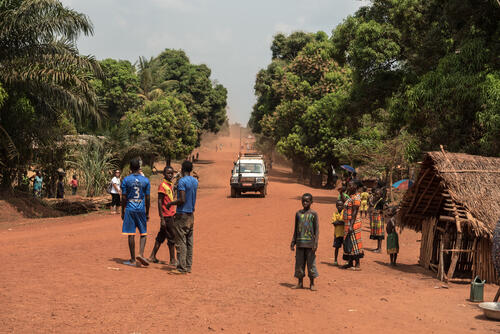
Unacceptable violence in Bangassou hospital
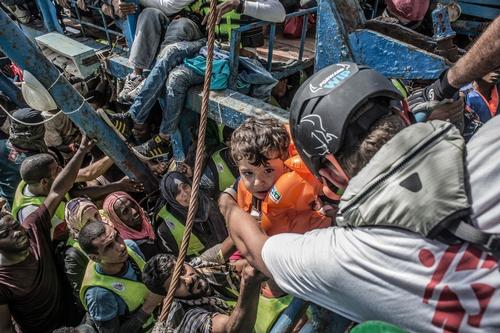
G7 countries must make bold commitments to humane migration policies
